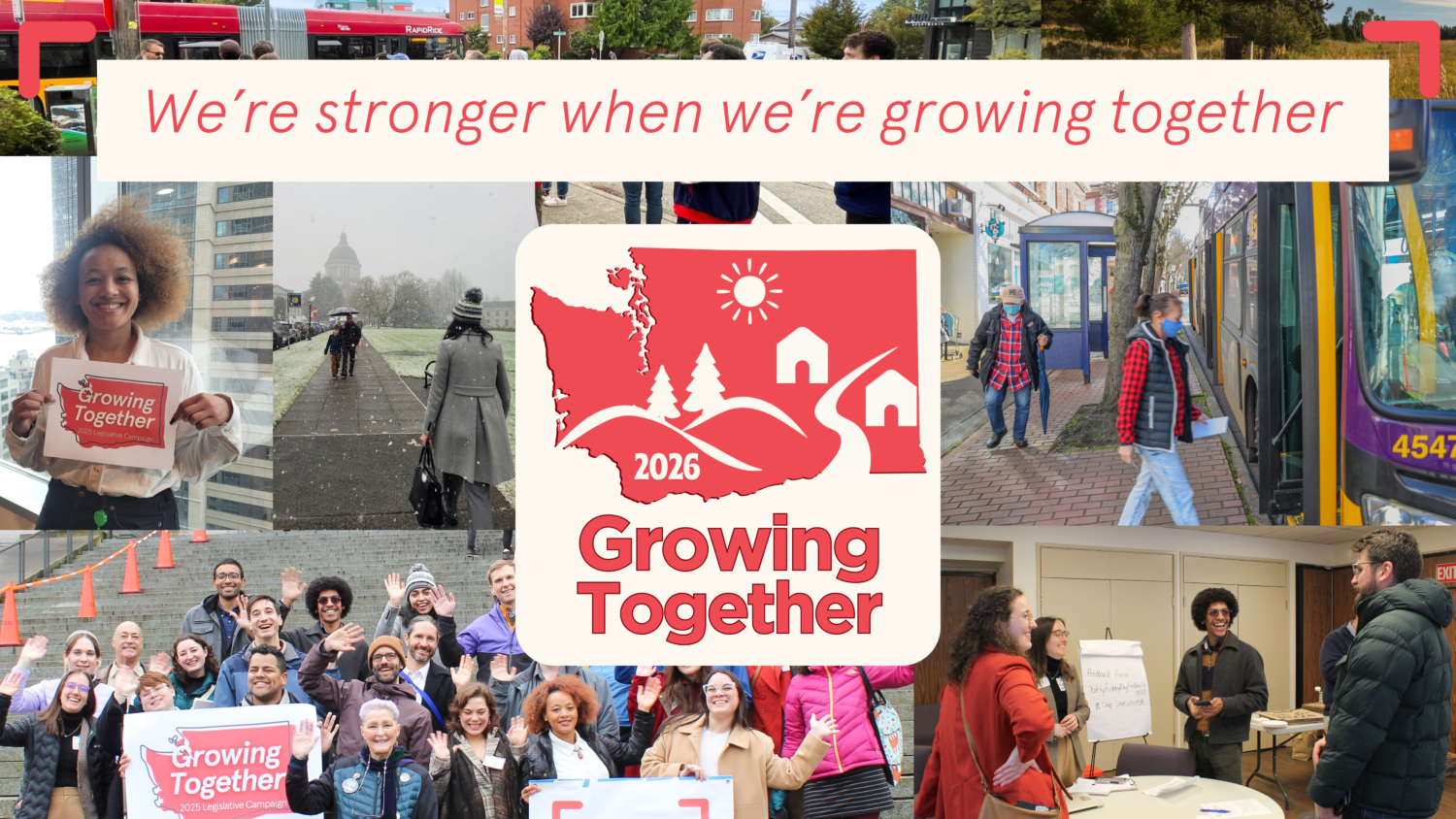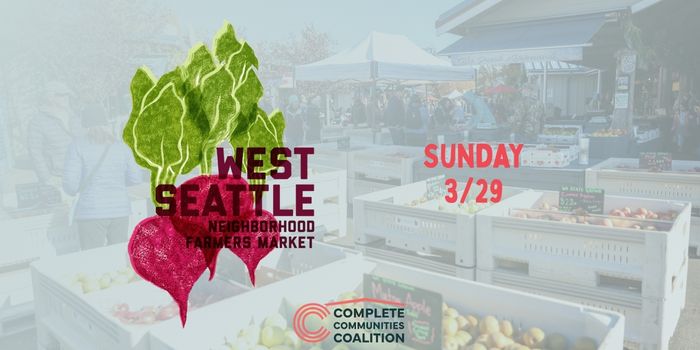Black Lives Matter Solidarity Follow-Up
It has been over two years now since our country was rocked by the murder of George Floyd, a Black man, by Minneapolis police. The Black Lives Matter protests that swept the nation in the following months spurred many advocacy organizations, including Futurewise, to issue solidarity statements. Two years later, what has our solidarity accomplished? How have we followed through on our commitments?
First, we want to remind our Futurewise community that the horrors that drew outrage across racial lines in 2020 have not gone away. Police shootings have not decreased. According to tracking by the Washington Post, in 2021 over 1,000 Americans were shot and killed by police, the highest amount since accurate national data became available. And these shootings continue to disproportionately kill Black Americans, especially 25–39-year-old Black men. Here in Washington state, police have killed 28 people so far in 2022, putting the state on track to have one of its most deadly years in the past decade. Behind these deaths are uncounted incidents of non-lethal police violence and intimidation, and a criminal justice system that disproportionately arrests, convicts, and imprisons Black community members.
At Futurewise we work with the tools of land use policy within the framework laid out under Washington State’s growth management act. We use those tools to work on a broad range of issues – from farmland and habitat protection to walkable neighborhoods to affordable housing and anti-displacement policies. Our mission creates a constant push and pull between the broad, intersectional nature of our work and the need to focus our limited resources. In this context, what does it mean for us to be in solidarity with the Black Lives Matter movement in opposition to racist police violence?
Over time, we have focused those efforts on (from our 2020 solidarity statement)
“the ways in which land use policy has been intertwined with police violence against Black communities and wielded as a weapon of white supremacy. The segregation of our communities through zoning laws, redlining, and housing discrimination denies Black communities fundamental access to housing, jobs, and education. This geographic segregation also facilitates a segregation of experience with police violence and incarceration that disproportionately burdens Black communities.”
Since 2020, we have learned more about these dynamics. Police are more likely to use force in neighborhoods with more Black residents. They are also less likely to solve Black murder cases. Residents of White and wealthy neighborhoods can be ignorant of the different police treatment in Black communities because of the extreme racial segregation in so many of our neighborhoods, segregation that goes back to our land use policies. At the same time, segregation leads some White people to, consciously or unconsciously, perceive Black people in their neighborhood as suspicious and call the police. Anecdotal examples of this in Central Park, Cambridge, not to mention direct threats of territorial violence, are covered in the news as acts of individual bigotry, ignoring the broader ways that zoning, home prices, HOA requirements, gated communities, and other land use policies send signals to all of us about who belongs where.
Our efforts to confront these racist land use practices, and the impact of those practices on police violence, have largely been channeled into our advocacy, in coalition, for 2021’s House Bill 1220, a landmark update to housing requirements in the State Growth Management Act. HB 1220 adds a new requirement that a city or county’s housing element:
“(e) Identifies local policies and regulations that result in racially disparate impacts, displacement, and exclusion in housing, including:
-
Zoning that may have a discriminatory effect;
-
Disinvestment; and
-
Infrastructure availability;
(f) Identifies and implements policies and regulations to address and begin to undo racially disparate impacts, displacement, and exclusion in housing caused by local policies, plans, and actions.”
We are incredibly proud of our role in passing HB 1220. The bill was a cornerstone of our Washington Can’t Wait campaign to update the growth management act. But passing the legislation is just the first step. The State Department of Commerce is currently developing the guidance on how to meet these new requirements. After that guidance, local governments will move forward with implementation in their comprehensive plans, zoning, and other development regulations. For Central Puget Sound, these local updates must be completed by the end of 2024. Many local governments are starting that work now. The intent of the bill needs to be reflected in every stage of the process.
Reflecting on our solidarity statement we see parts that we have yet to make progress on. Black-led community groups and organizations must shape our understanding of what racially disparate impacts currently exist and how to address and undo those impacts. Leaders from impacted communities have not yet been included in the guidance development and local implementation. Additionally, Futurewise’s coalition efforts to secure funding in the state budget for participation in comprehensive plan updates from impacted communities, have not yet been successful. Lastly, our own relationships and accountability to Black-led organizations and communities need to be strengthened. We still have much work to do, including work we are not yet aware of.
As we continue this work we welcome your feedback, guidance, critiques, and questions. Futurewise staff and board remain committed to taking action in solidarity with Washington state’s Black communities to push us all toward racial justice.
In Community,
Alex Brennan
Executive Director
Sarah Myhre
Racial Equity Committee Chair


